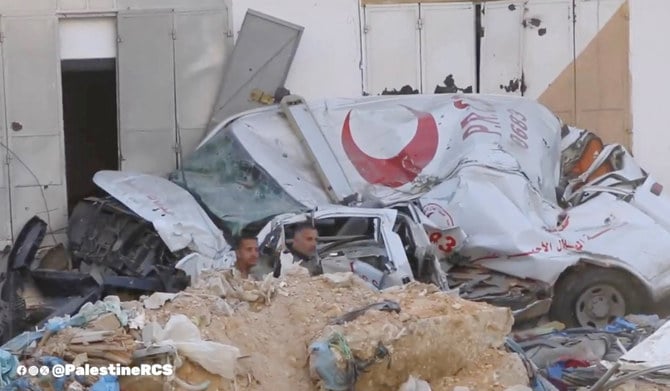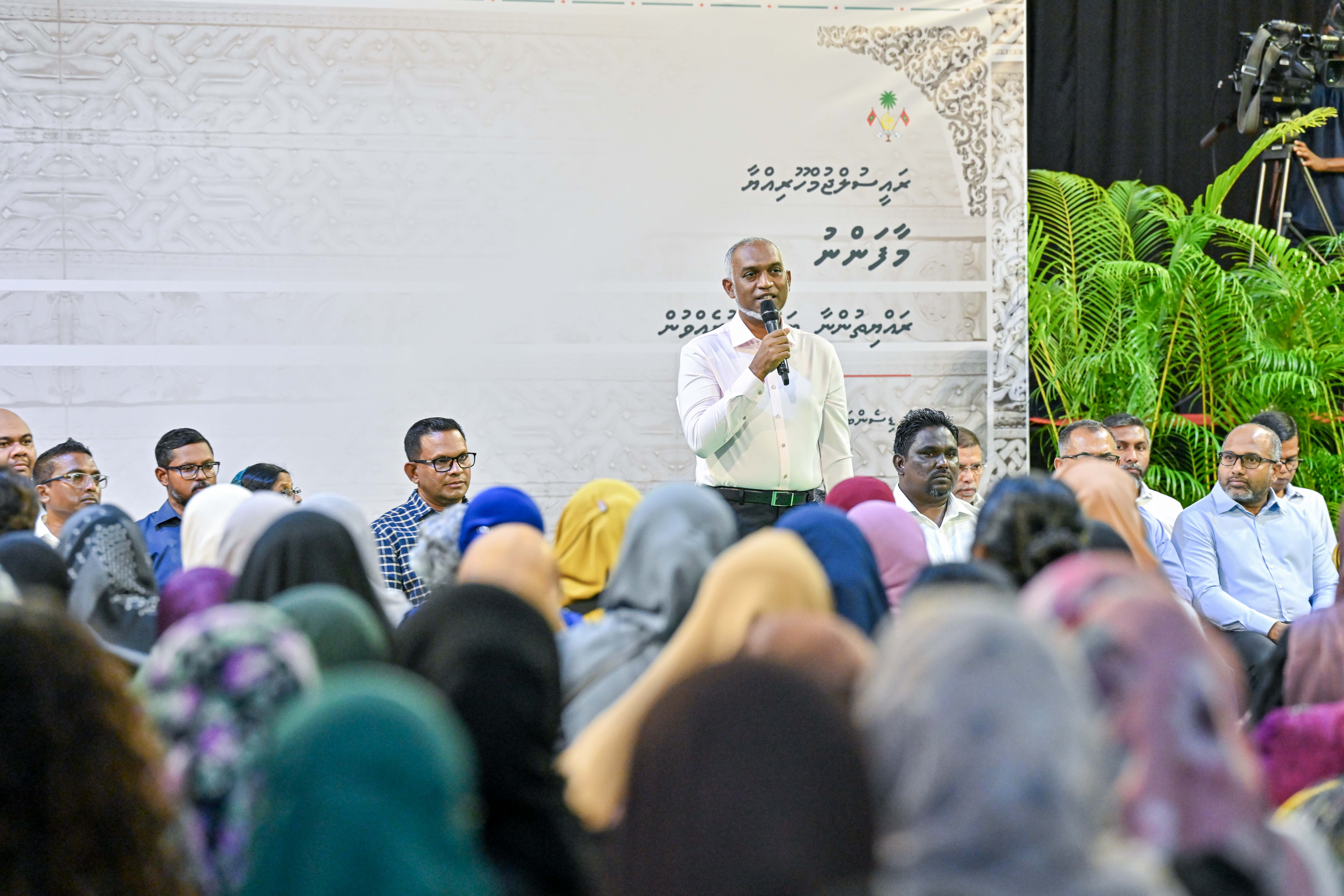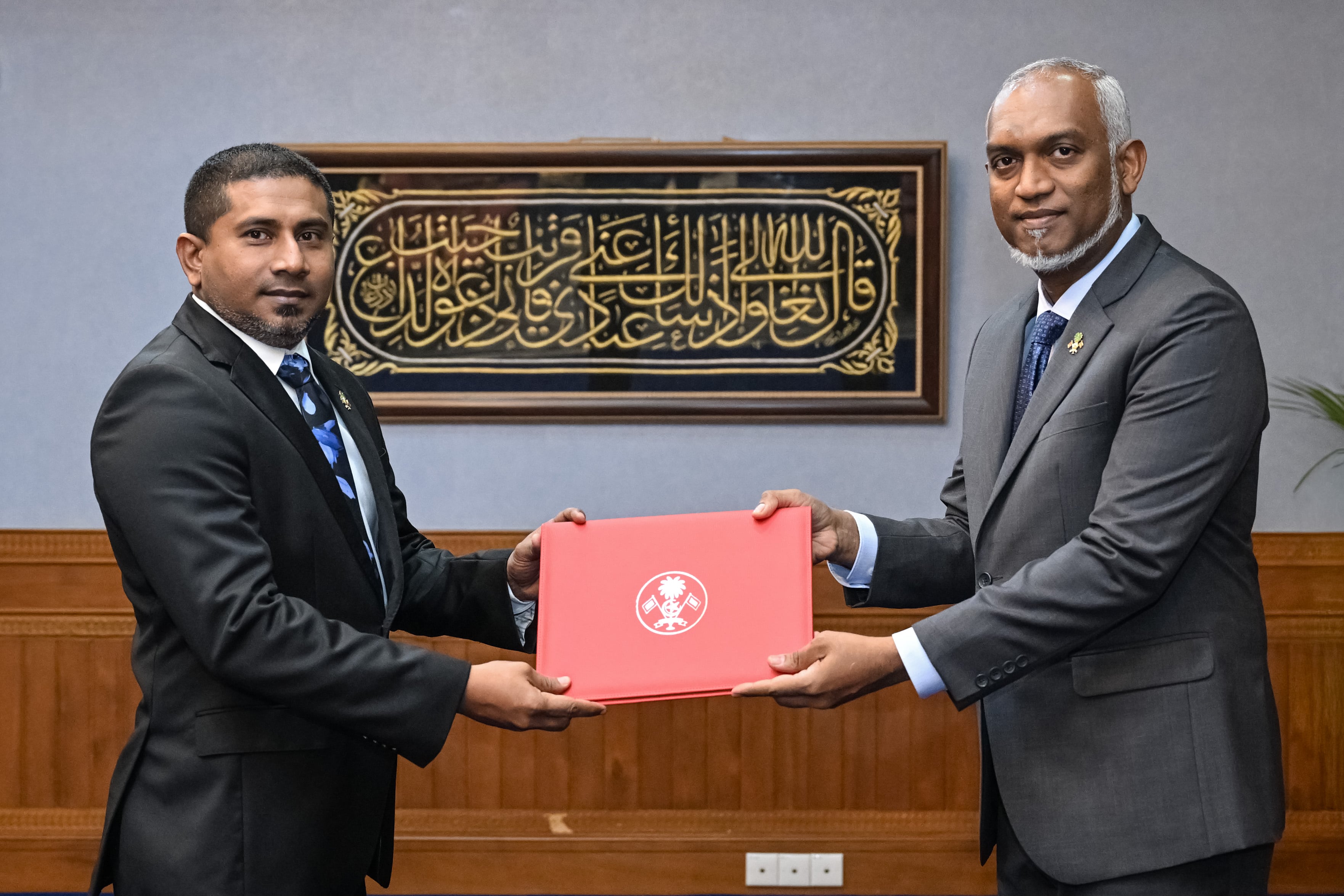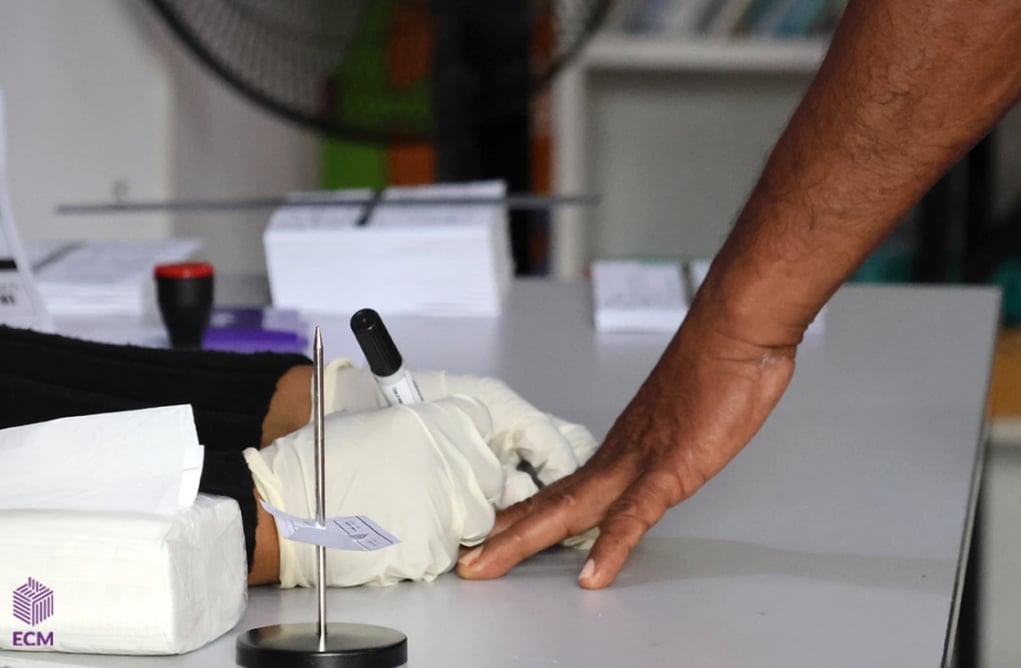The Israeli military persisted with intense strikes on Gaza Saturday, following a deadly shelling incident that resulted in the deaths of 22 people and severe damage to the International Committee of the Red Cross (ICRC) office in the besieged territory. This escalation in Gaza is paralleled by increasing hostilities, heightening fears of a broader regional conflict.
On Friday, the ICRC reported that 22 people were killed and 45 were wounded after heavy shelling near its office in southern Gaza. The ICRC condemned the firing near humanitarian structures, stressing the danger to civilian lives and aid workers. The Hamas-run health ministry blamed Israeli forces for the shelling, stating that 25 people were killed and 50 wounded in the Al-Mawasi area, where many displaced individuals had sought refuge.
In Gaza City, Al-Ahli Hospital reported at least 30 fatalities from Israeli strikes on Friday. Dr. Fadel Naeem, the hospital's director, described the day as "difficult and brutal," noting the arrival of numerous casualties. Civil defense agency spokesman Mahmud Basal reported that five municipal workers died when a garage was bombed.
The Israeli military confirmed that operations were continuing in central Gaza, claiming the elimination of several armed terrorists and the dismantling of terrorist infrastructure. Israeli airstrikes targeted armed militants, weapons storage facilities, and other terrorist infrastructure throughout the Gaza Strip. Witnesses reported that Israeli helicopters fired at militants in Gaza City's Zeitun neighborhood amid ongoing gunbattle between militants and Israeli forces.
UN Secretary-General Guterres has underscored the severe risks of the current situation, warning that a single miscalculation could trigger a catastrophe of unimaginable proportions. The United States, a key ally of Israel, has also called for de-escalation to prevent further violence.
The current wave of violence began with a Hamas attack on southern Israel on October 7, which resulted in at least 37,431 deaths, mostly civilians, as of Thursday, according to the Palestinian health ministry. As the conflict shows no signs of abating, the international community remains deeply concerned about the potential for a broader war and the severe humanitarian impact on civilians in the region.
On Friday, the ICRC reported that 22 people were killed and 45 were wounded after heavy shelling near its office in southern Gaza. The ICRC condemned the firing near humanitarian structures, stressing the danger to civilian lives and aid workers. The Hamas-run health ministry blamed Israeli forces for the shelling, stating that 25 people were killed and 50 wounded in the Al-Mawasi area, where many displaced individuals had sought refuge.
In Gaza City, Al-Ahli Hospital reported at least 30 fatalities from Israeli strikes on Friday. Dr. Fadel Naeem, the hospital's director, described the day as "difficult and brutal," noting the arrival of numerous casualties. Civil defense agency spokesman Mahmud Basal reported that five municipal workers died when a garage was bombed.
The Israeli military confirmed that operations were continuing in central Gaza, claiming the elimination of several armed terrorists and the dismantling of terrorist infrastructure. Israeli airstrikes targeted armed militants, weapons storage facilities, and other terrorist infrastructure throughout the Gaza Strip. Witnesses reported that Israeli helicopters fired at militants in Gaza City's Zeitun neighborhood amid ongoing gunbattle between militants and Israeli forces.
UN Secretary-General Guterres has underscored the severe risks of the current situation, warning that a single miscalculation could trigger a catastrophe of unimaginable proportions. The United States, a key ally of Israel, has also called for de-escalation to prevent further violence.
The current wave of violence began with a Hamas attack on southern Israel on October 7, which resulted in at least 37,431 deaths, mostly civilians, as of Thursday, according to the Palestinian health ministry. As the conflict shows no signs of abating, the international community remains deeply concerned about the potential for a broader war and the severe humanitarian impact on civilians in the region.


















